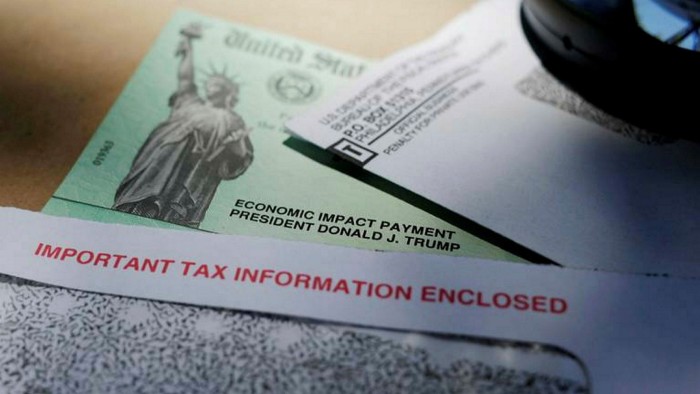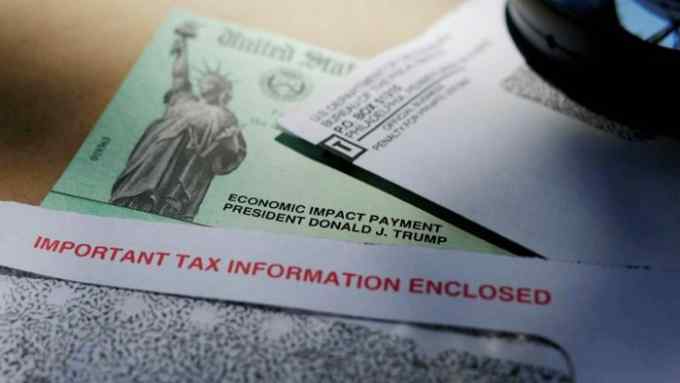Retirement planners weigh options beyond Cares Act

Simply sign up to the Workplace pensions myFT Digest -- delivered directly to your inbox.
Between pandemic-related market volatility and the government’s resulting stimulus package, 401(k) plan sponsors have no shortage of questions for their advisers.
Companies have each tried different ways to weather the storm of the coronavirus. “The response by various employers was all over the board,” says Joshua Ulmer, institutional consulting director for Graystone Consulting. “I know of clients that didn’t know what to do, so they just terminated everyone. You have businesses that are booming. We have clients that are at record levels. But then you have other industries that are struggling,” he says.
Knee-jerk responses can have unintended consequences. Termination is a “distributable event” that allows affected employees to access their funds, Mr Ulmer says. What looks like a cost-cutting initiative could put retirement plans in worse shape.
There are a few things that plan sponsors can do to help, says L Rita Fiumara, senior retirement plan consultant at UBS Financial Services. In the short term, they can take advantage of the Cares Act — the Coronavirus Aid, Relief and Economic Security Act — which was signed into law in the US at the end of March. This includes provisions to give plan participants greater access to emergency funds. For instance, it doubled the amount that participants can take out as a loan from their retirement plan from 50 per cent of the vested account balance to up to 100 per cent.
Payments on active loans were suspended and participants in plans that adopt the provisions can take a distribution of up to $100,000 with no immediate tax penalty. For those already in retirement, there is no required minimum distribution. “Although pre-retirement withdrawals are typically discouraged, some participants may have little in the way of other savings to see them through the crisis,” Ms Fiumara says.
Plan sponsors have other options, such as adjusting contributions. “If your company is considering reducing or suspending employer-matching or profit-sharing plan contributions, it may be possible to do so,” says Ms Fiumara. “But proceed cautiously. It will be important to abide by the terms of your plan document and it may be necessary to amend your plan.”
“If your plan is a safe-harbour 401(k) plan, for example, you must meet specific Internal Revenue Service requirements, including the provision of a supplemental employee notice, before you reduce or suspend matching contributions,” she says. “It is imperative that you address any intended changes to your plan with your counsel.”
One fear is that the range of options will overwhelm many employees, and the measures are little help if participants do not understand them. “Many are not seasoned investors. Given the market volatility, many are having concerns about the safety of their retirement accounts and what to do with their plan investments,” Ms Fiumara says. “They are also likely to have broader questions and concerns about managing their finances and their relationship with money. If your plan offers participants educational resources or professional investment help, it may be a good time to remind them about it.”
Michael Paris, president of benefits consultancy Paris International, says plan sponsors should deliver updates in multiple formats. “People digest information differently,” he says. “Some people want a video; some people want a warm body; some people want an email.”
The shift to virtual meetings has been well received, Mr Paris says. For one client, he was able to do a virtual seminar for all its locations at the same time, but he expects the future will probably feature both virtual and site meetings. “It’s a shiny new toy I think people are over-utilising and there needs to be a middle point,” he says.
Beyond education, however, plan sponsors should consider whether they need every option. “The Cares Act provisions are all well and good but they’re not for you,” Mr Paris says to those businesses that are largely unaffected by the pandemic. “That provision was written for the guy who’s a manufacturer and his plant was just shut down for three months.”
As Mr Ulmer of Graystone says: “At the end of the day, what’s necessary to be a good steward of a workplace retirement plan has not changed.” Plan committees must still meet, participant eligibility must still be tracked and plan documents must still be followed. Plan sponsors need not stray far from those basics.
If an employee had taken advantage of the Cares Act immediately and taken a loan of 100 per cent of their account balance, they would have locked in a loss, Mr Ulmer says. “This sell-off and recovery has been so extraordinary that while those were awesome design features,” he says, “with the benefit of hindsight, they could have potentially been very damaging to clients’ long-term retirement security.”

Comments